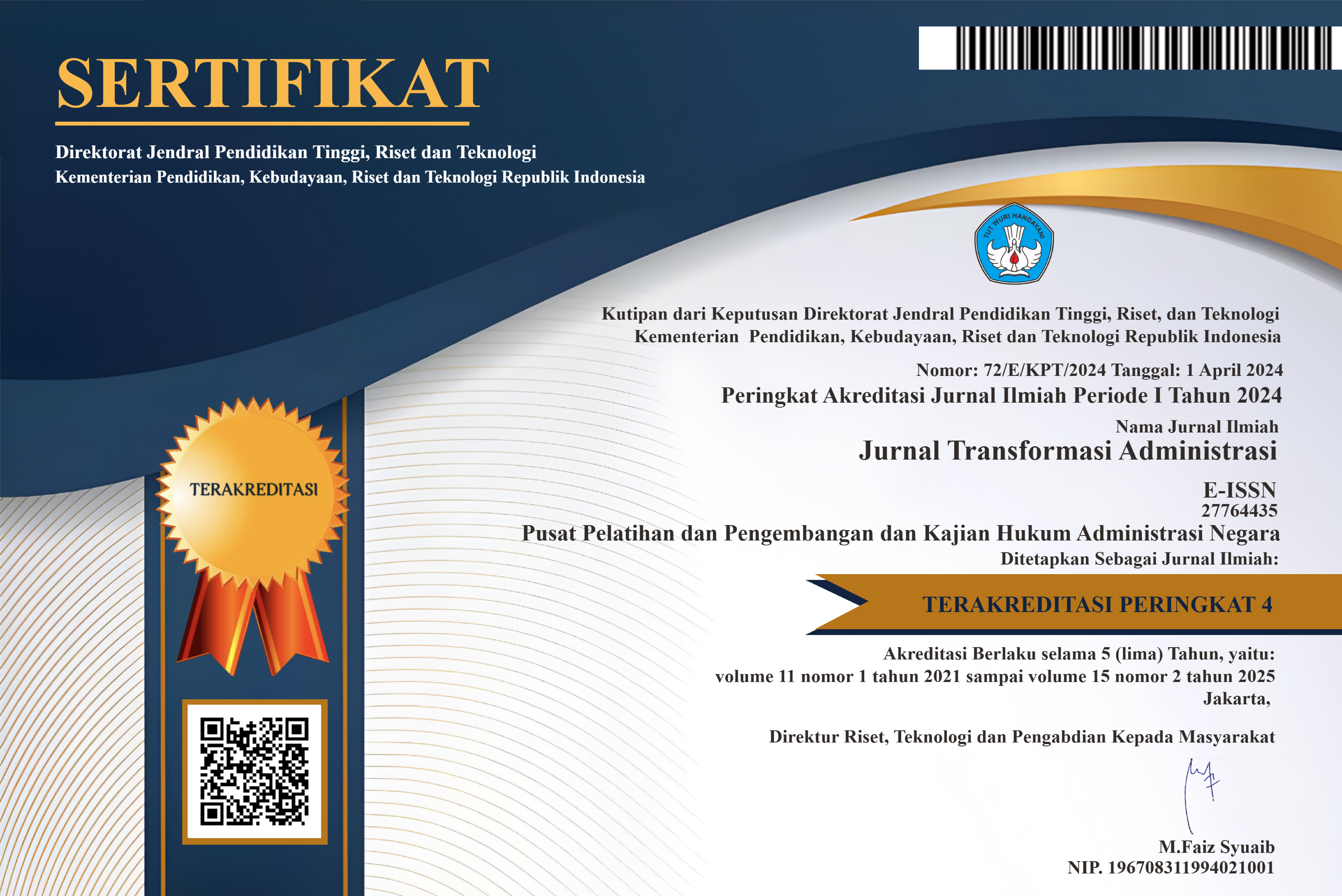Systematic Literature Review Flow In The Evaluation Of Modern Tax Administration System: Insights For Future Study
Keywords:
modern tax, evaluation, tax administrationAbstract
The advance of technology, development of global economy, and economic crisis force countries around the world to conduct the continuous improvement of financial system including the tax system. Interestingly, one of the elements most often done is that modernizing the tax administration system because of public demands for better tax services and the government need for an increasing the tax revenue. It is not surprising, if this element takes a considerable cost portion from public money, therefore its role to tax system needs to be evaluated. By conducting a systematic literature review flow, this study provides theoretically and empirically insights in order to evaluate a modern tax administration system (MTAS).By using data simulation, I detect the type of study, five most important stakeholders, dimension, and driving factors regarding the applying MTAS. This study is expected to enrich the existing literature through a systematic literature review flow to unify former studies both theoretically and empirically, so that it can result relevant insights for the evaluation of MTAS and to propose the research agenda in the future.
References
Arviansyah, et.al, 2011. Evaluation of ICT Investment in Healthcare: Insights and Agenda for Future Research. University of Groningen.
Besfamille, Martin, and Cecilia Parlatore Siritto, 2009. "Modernization of tax administrations and optimal fiscal policies". Journal of Public Economic Theory 11.6: 897-926.
Clarke, A. and Dawson, 1999. Evaluation research: An introduction to principles, methods and practice: Sage Publication.
Cracknell, B. E., 2000. Evaluating Development Aid: Issues, Problems and Solutions. New Delhi: Sage Publication.
Das-Gupta, Arindam, 2004. "Implications of Tax Administration for Tax Design: A Tentative Assessment." Challenges of Tax Reform in a Global Economy Conference.Andrew Young School of Policy Studies, Georgia State University, Stone Mountain, Georgia.
Friedman, C. P., & Wyatt, J, 2006. Evaluation methods in biomedical informatics. Springer.
Guba, E.G. & Lincoln, Y.S, 1981. Effective evaluation, Jossey-Bass Inc Pub.
Nasucha, Chaizi. 2004. Public Administration Reform: Theory and Practice, PT Gramedia Widiasarana Indonesia, Jakarta.
OECD, 2013. Tax Administration 2013, Comparative Information on OECD and Other Advanced and Emerging Economies.
Petticrew, Mark and Helen Roberts, 2006. Systematic Review in the Social Sciences. A Practical Guide. Blackwell Publishing.
Remenyi, et. al, 2007. The effective measurement and management of ICT costs and benefits, Oxfort: Burlington, MA, CIMA.
Silvani, C., Baer, K., & International Monetary Fund, 1997. Designing a tax administration reform strategy: Experiences and guidelines. Washington, D.C.: International Monetary Fund, Fiscal Affairs Dept.
Tanzi, Vito, and Anthony Pellechio, 1995. The reform of tax administration. International Monetary Fund.















